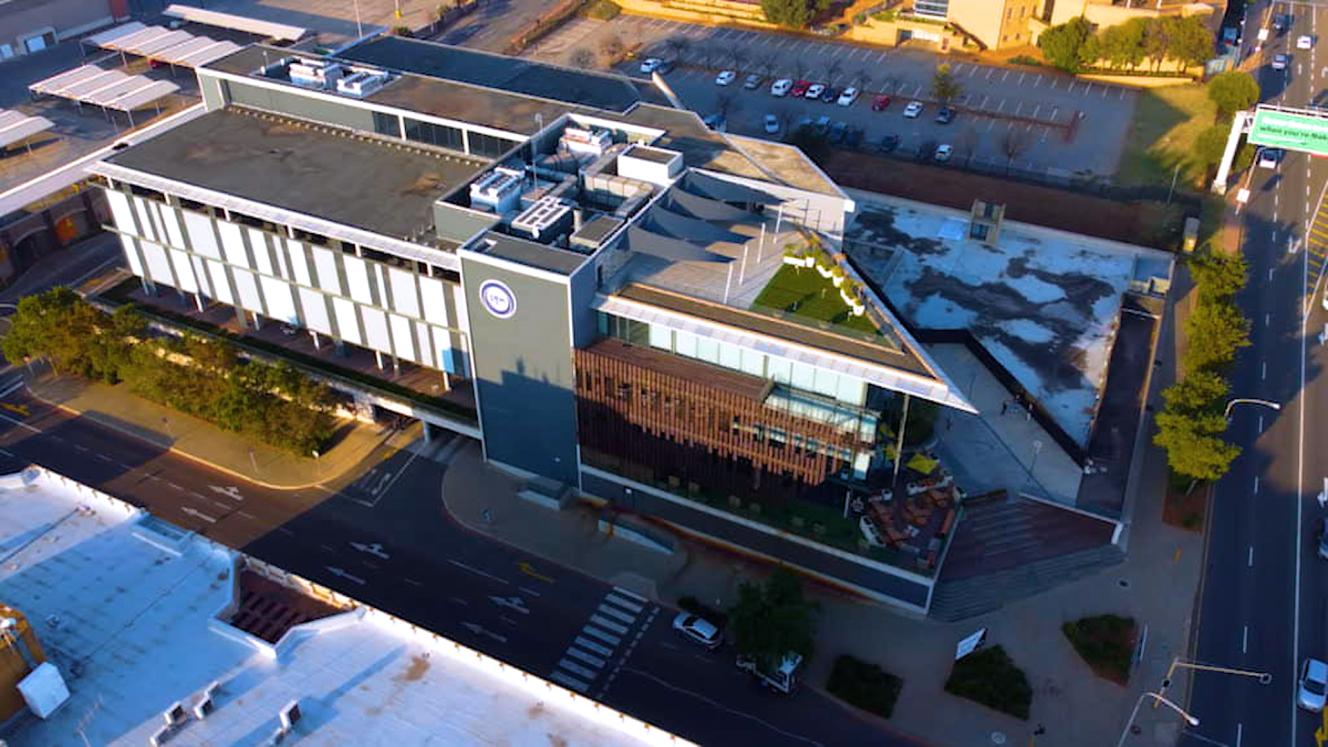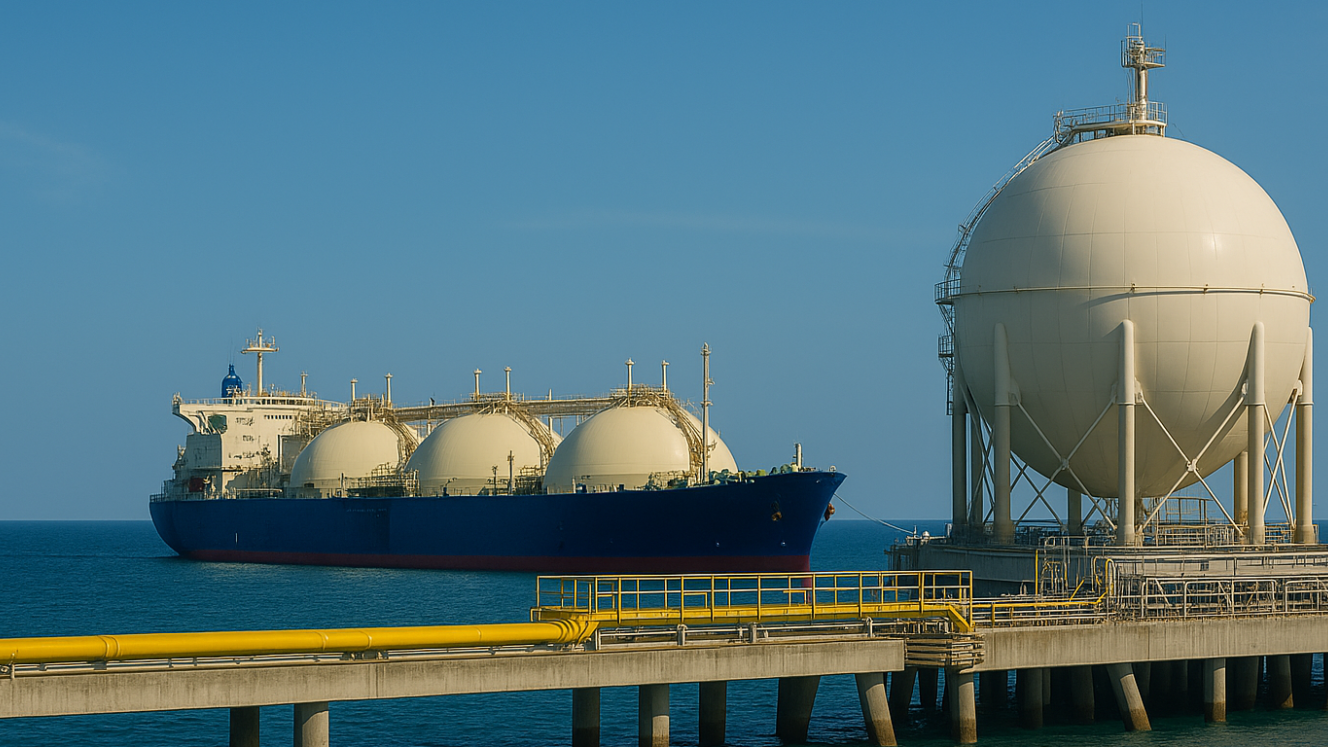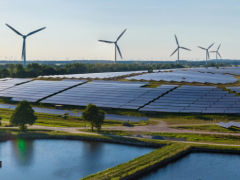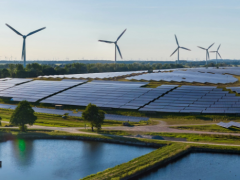The Chartered Institute for Procurement & Supply (CIPS), the world’s largest professional body for procurement and supply professionals, is moving to one of Southern Africa’s most iconic green buildings.
By establishing offices in the PPS Centurion Square property, which enjoys a five-star rating from the Green Building Council of South Africa, the global membership organisation further enhances its status as a champion of sustainable procurement.
Opened by the PPS Group Property Fund Trust in 2016 in the heart of the Centurion central business district, the 23 000m² building is renowned for saving energy through the use of shade and natural light, LED lighting, efficient heat pumps, carbon monoxide monitors, dimmable parking lights, thermal insulation and an online energy monitoring system.
Rain and greywater is also collected and cleaned via a filtration and ozonation system, meaning that the building’s municipal water use is estimated to be 86% less than that of a conventional office building.
Jolene Ludick, Director for CIPS Southern Africa, says that the CIPS sustainability model called for sound governance built upon a culture of sustainability that delivers on social, economic and environmental factors. CIPS’ relocation to the Centurion building puts this principle into practice and encourages member organisations to follow suit.
“Organisations that make a concerted effort to reduce water usage and carbon emissions while moving to renewable energies and green buildings not only help to minimise the impact on the planet, but resonate with governments and consumers who are increasingly drawn to sustainability practices,” she said.
CIPS drives home the message that sustainable procurement carries numerous advantages. Eco-conscious consumers can improve an organisation’s financials and build brand loyalty. Sustainability practices also assist a business to future-proof itself against scarcity in supply and environmental changes, while innovation is also encouraged by thinking about how to be more efficient with natural resources.
“Sustainability is and should be embedded in all organisations and is the most seismic change and challenge for the procurement and supply profession,” Ludick said.













